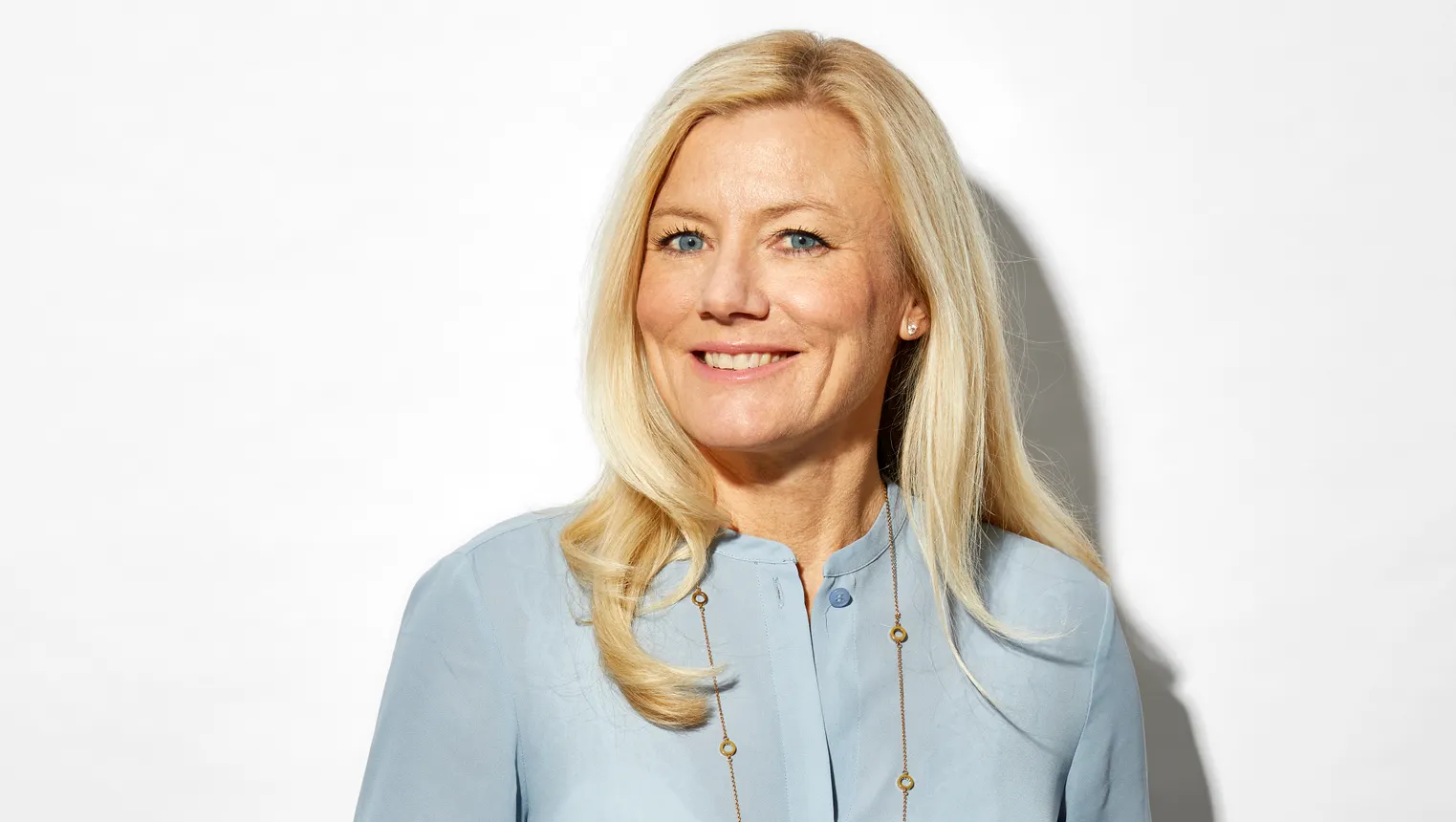Metaphore Biotechnologies, the latest biotechnology startup to debut from Flagship Pioneering, emerged from stealth Tuesday with $50 million in funding.
The company is focused on biomimicry, a term it uses to describe how it plans to imitate nature to develop drugs. More specifically, Metaphore aims to simulate interactions between “bioactive” molecules and then apply those lessons to design drugs.
“The beauty of the platform is that it can literally be targeted towards any biology, as long as you understand the biology and you know what it is that you want to mimic,” said Lovisa Afzelius, a Flagship partner and Metaphore’s CEO.

Metaphore, which was founded in 2021 and is headquartered in Cambridge, Massachusetts, will focus on developing drugs for autoimmune disorders, metabolic diseases and cancers.
Its name is a play on the words “metaphor” and “pharmacophore,” the molecular features required for triggering an interaction with a specific biologic target, said Daniel Acker, Metaphore’s chief innovation officer.
Metaphore's approach involves isolating pharmacophores, creating an imitation of its features and using machine learning to optimize it for drug discovery. The company claims it can work with any therapeutic modality.
Metaphore takes its inspiration from an owl butterfly, which over time evolved to color its wings in patterns resembling the eyes of the eponymous bird.
“By doing so, it can actually explore the function of being that predator, instead of being a small, vulnerable butterfly,” Afzelius said.
Both Afzelius and Acker are also involved with another Flagship startup, Apriori Bio, which is developing antibody drugs and vaccines. Though Metaphore has a different focus, they’re bringing lessons learned from launching Apriori to their next project.
“Building not just that integrated capability, but the streamlined flow of information and ideas between computational and experimental scientists, is something that we've really striven for both companies,” Acker said.
Metaphore is now working to identify drug candidates, though Afzelius and Acker declined to give a timeline.

Flagship is best known for creating Moderna, which spent years trying to turn messenger RNA into medicines before creating the COVID-19 vaccine it’s now most commonly associated with. The venture firm has incubated dozens of other similarly ambitious companies, with hopes of creating platforms that can be mined to develop many drugs. In March, Flagship launched Ampersand Biomedicines to develop what it describes as programmable medicines.
Platform companies have recently faced greater scrutiny from biotech investors, who are now more sharply attuned to spending plans and development timelines. Some Flagship-originated companies, such as Rubius and Evelo Biosciences, have announced layoffs or plans to dissolve this year.















